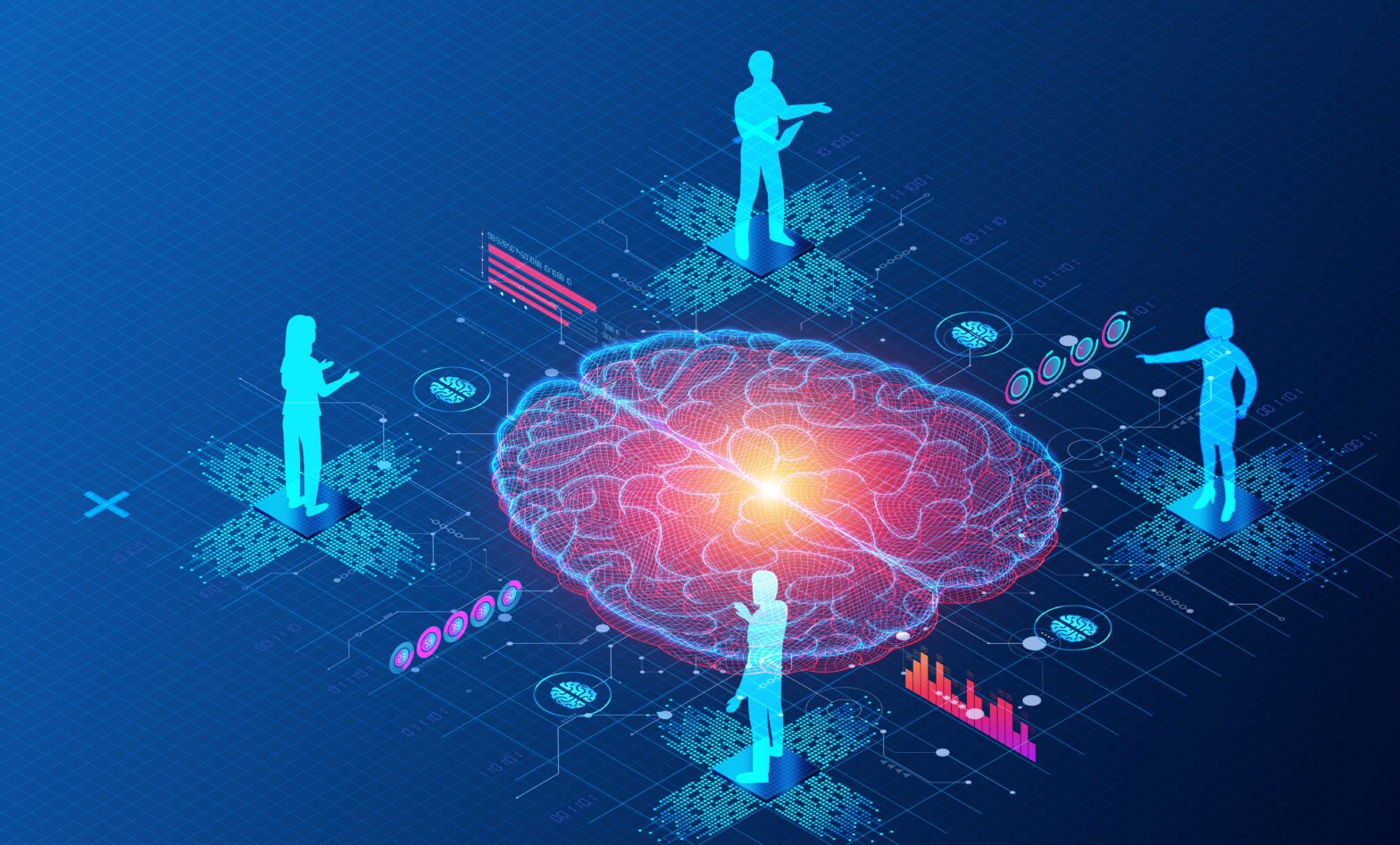We are in the midst of the data era, but this landscape is shifting. It is getting bigger.
The global ‘data sphere’ could grow from 33 to 175 zettabytes by 2025, and industries such as Financial Services, Manufacturing, Healthcare, and Media and Entertainment are helping to define this new era of data growth.
This is according to a white paper by the IDC, sponsored by global data and storage company Seagate Technology, which has examined impending shifts to the global data model.
By industry
Healthcare currently has the smallest share of the global enterprise data, among key industries examined in the study. However, it is primed to grow the fastest, far surpassing the Media and Entertainment sector and matching the Financial Services sector by 2025. The growth reflects advancements in healthcare analytics and imaging technology, as well as the increasing amount of real-time data created in medical care.
These four critical industries encompass nearly half of the global enterprise data landscape.
This is measured by the first ever DATCON (data readiness condition), an index that evaluates management, usage and monetisation of data to help inform today’s business leaders on their level of data-readiness.
Ranging from 1 (Critical) to 5 (Optimised), DATCON scores are calculated across a number of metrics, including data growth, criticality, security, investment, management, skills and c-level involvement.
The most common mistakes in data preparation and how to avoid them
DATCON: Evaluating global data readiness by sector
Industries are in various states of data-readiness and should take action to prepare for, and capitalise on, data growth. Using the DATCON index, the study identifies the most pressing initiatives businesses must consider as they approach 2025:
• Manufacturing and Financial Services scored the best overall at 3.3 each, representing the greatest use of edge computing in the four industries, with opportunity for blockchain, analytics and AI.
• Despite its rapid growth, at 2.4, healthcare has room for improvement as well in data readiness. Survey results indicate blockchain will be important for the industry, but nearly 60% lack a strategy or have yet to implement any initiative.
• Media and Entertainment received the lowest DATCON score of 2.0, showing the sector ripe for advanced data technologies; particularly in data security and data management.
The success of artificial intelligence depends on data
“We are at the beginning of an era where both data creation and data utilisation are forecasted to grow rapidly over the next decade. While some industries are more prepared for digital transformation than others, all businesses need to be ready to act on a solid digital strategy in order to be successful in the data age,” said Dave Mosley, Seagate’s chief executive officer.
“Data technologies are becoming central for productivity expansion, data monetisation and value-creation. We are excited to be part of this transformation and be a strong supporter to enable these opportunities for the years to come.”
The enterprise leading the way in the data era
The enterprise is quickly becoming the world’s primary data steward in today’s connected world. The study from IDC predicts that the installed bytes across the enterprise will represent over 80% of total installed bytes worldwide in 2025. This trend will only continue to amplify the data protection responsibilities of companies. In addition, 30% of data sets will be real-time by 2025.
As the data generation of enterprises rises, the consumers stake will fall. The white paper establishes that enterprises are set to overtake consumers as the biggest data producers, with consumers’ share of generated data to drop from 47% in 2017 to 36% by 2025.
However, the data era will result in a more connected world. In 2025, each connected person will have at least one data interaction every 18 seconds, mainly due to the billions of IoT devices connected across the world.
5 technology trends transforming data management
The cloud is the new core
Almost half (49%) of the world’s stored data could reside in public cloud environments by 2025, according to the findings.
The shift to the public cloud is largely being driven by a world filled with IoT sensors that are constantly capturing, recording, and analysing data in business environments.
With businesses looking to centralise data management and delivery, there is an increased reliance on the connectivity, performance and convenience that cloud services provide. As companies continue to pursue the cloud for increasing data processing and storage needs, cloud data centres are becoming the new enterprise data repository. In essence, the cloud is becoming the new core.
“While endpoints continue to be the primary location for data creation in the short term, the fastest growth is forecasted to happen at the core and the edge — with more data stored in the core than in the world’s endpoints by 2025. This will be particularly true for major industries as edge computing continues to be a key driver of business-critical factors and digital transformation,” said David Reinsel, senior vice president at IDC.
Based on these findings, Seagate is encouraging business leaders to evaluate their readiness capacity and embrace new and unique strategic opportunities powered by the data era and the insights it provides.







